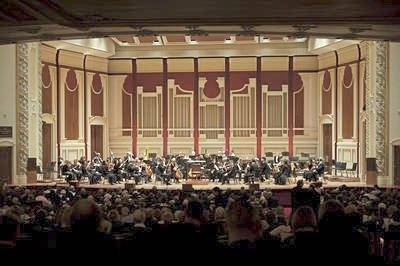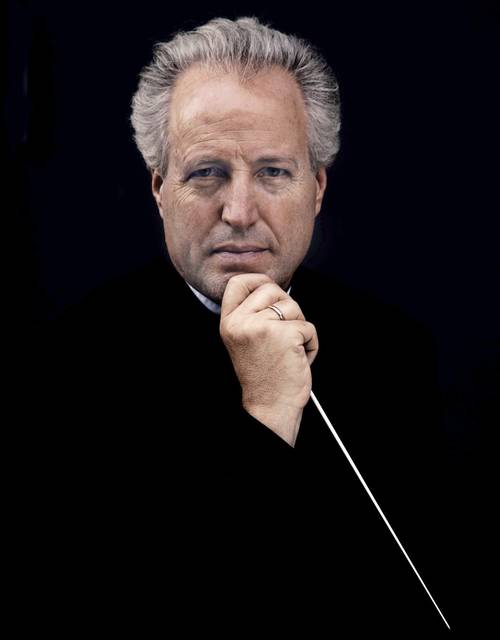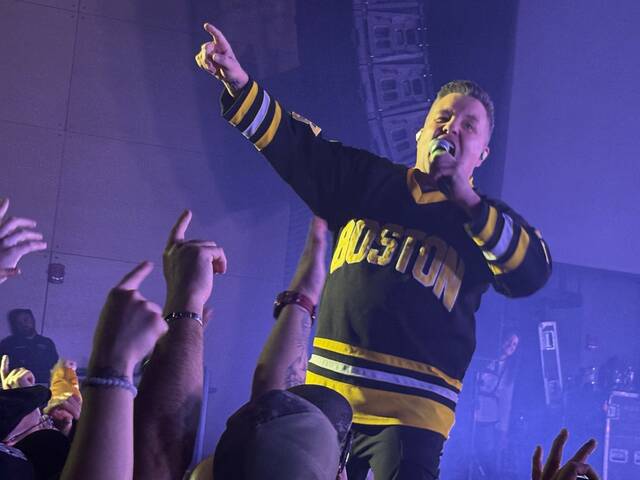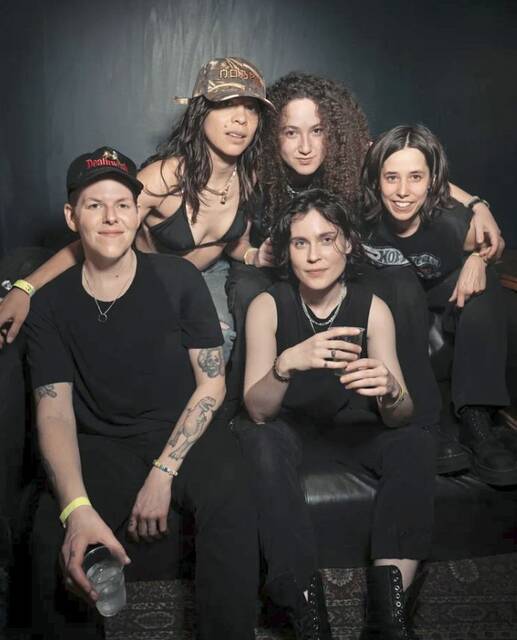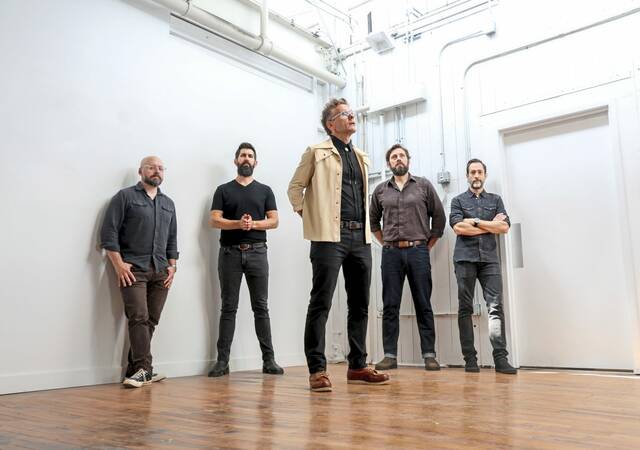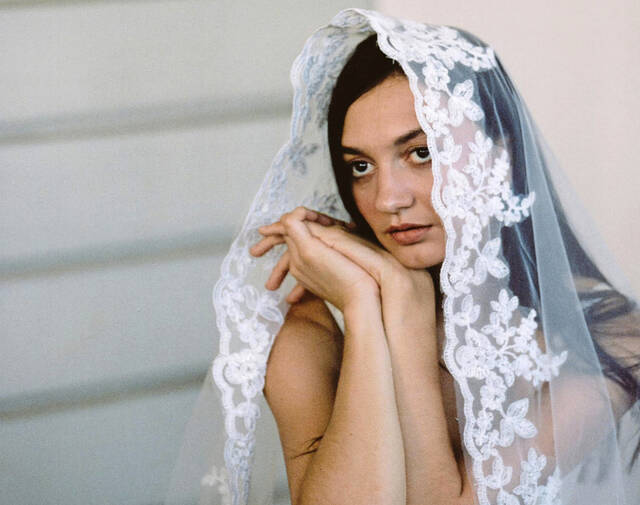The Pittsburgh Symphony has a big weekend planned for its upcoming performances of Ludwig van Beethoven’s Symphony No. 9.
Rather than the usual two or three concerts, the symphony will perform Beethoven’s final symphony four times. In addition, the music making will be recorded for commercial release, adding to the large discography of the Grammy-winning team of conductor Manfred Honeck and the symphony.
Beethoven’s Ninth is a pinnacle of Western civilization. The first symphony to include voices, it culminates in a setting of Friedrich Schiller’s “The Ode to Joy.”
Honeck will conduct four concerts featuring Beethoven’s Ninth Symphony June 6-9 at Pittsburgh’s Heinz Hall. The vocal performers will be soprano Christine Landshamer, mezzo-soprano Jennifer Johnson Cano, tenor Werner Güra, bass-baritone Shenyang and the Mendelssohn Choir.
World premiere
The concerts will open with the world premiere of American composer Jonathan Leshnoff’s Double Concerto for Clarinet and Bassoon with soloists Michael Rusinek and Nancy Goeres.
Beethoven was an artistic revolutionary who sought throughout his life to expand the scope of music. His Ninth Symphony is addressed to humanity at large, singing of brotherhood and God.
Its popularity has led to excerpts being used as a theme of a network evening news program, and in television advertisements for diamonds (using a love theme from the slow movement) and this spring for an Italian automobile (using joyful choral music).
Honeck points out that the “Ode to Joy” theme is used by the European Union as its anthem, expressing the values for which it stands.
“It’s clear that brotherhood means we have to respect each other, even if you’re an enemy or have different opinions,” Honeck says. “I love also that it says there’s somebody above us, that in the world above the stars is a loving father. It’s so romantic.
“Music has the power to change people. I wish politicians would listen to this piece and very often. There are a lot of ideas they could take out of it,” he says.
Gray hair and wisdom
Schiller’s poem was published when Beethoven was a teen. He loved it as a young man and planned to make a musical setting of it. But he didn’t actually do so until a few years before his death, when his unequaled artistic growth across a lifetime had reached the depth to do the words justice.
Beethoven’s Ninth is part of a small number of works from his third and final period of creation. His “Missa solemnis,” which Honeck will conduct at Heinz Hall next season, and the late string quartets are the other major works in Beethoven’s most mature style.
The upcoming performances with be the fourth time Honeck conducts Beethoven’s Ninth in Pittsburgh.
“With gray hair comes wisdom,” he says with a small laugh. He has always treated Beethoven’s metronome markings, which indicate pacing, with respect, but now feels he has greater appreciation of the music’s context.
“I’ve made mistakes before,” he says modestly.
Now the words Beethoven writes in the score about tempo have increased importance for him. He points to Beethoven’s indication for the first movement, “Allegro ma non troppo e un poco maestoso” (Not too fast and a bit majestic) as an example of the nuance he hopes to achieve in concert for his recording.


